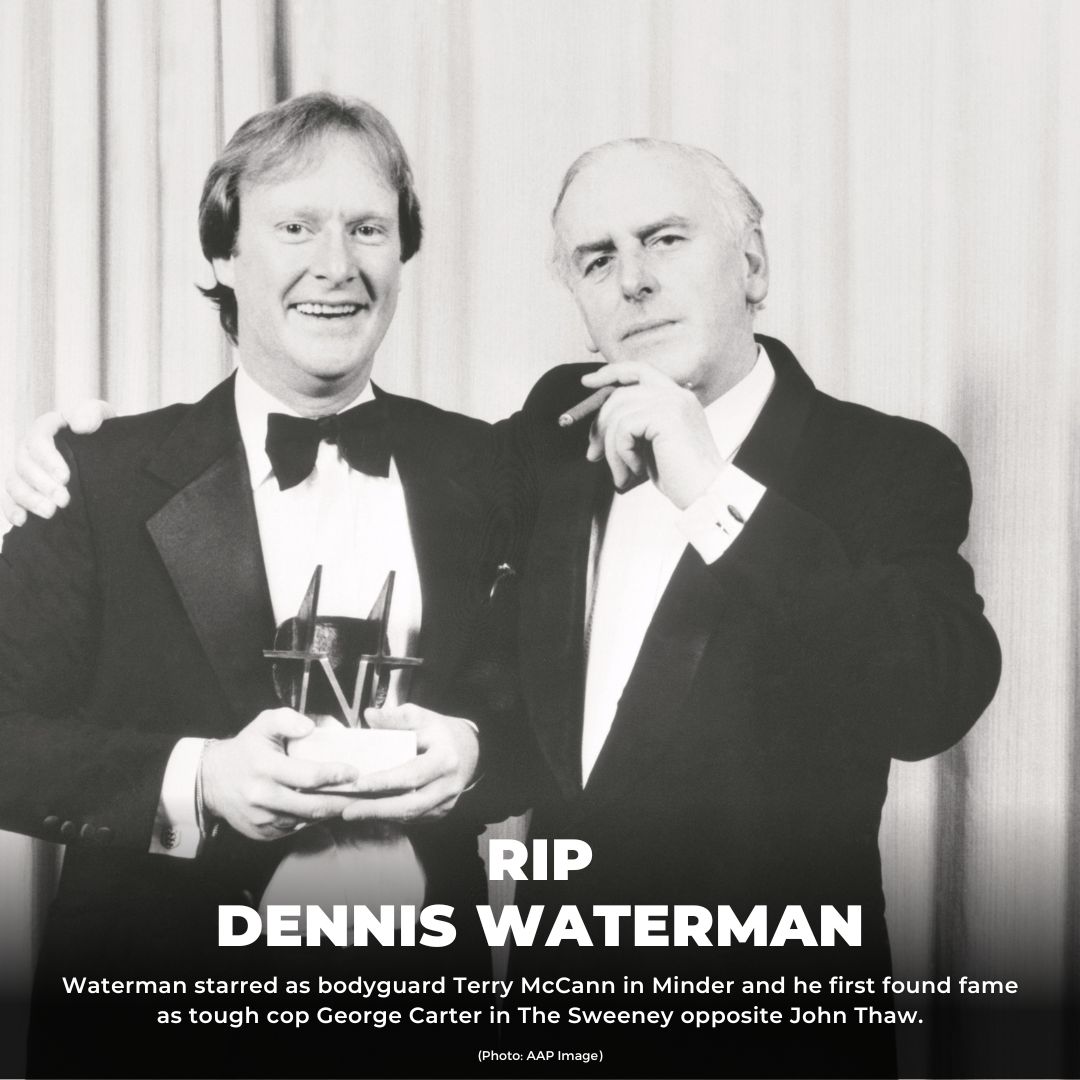Selected
- Details
- Written by Grant Broadcasters
- Category: Selected
- Hits: 151
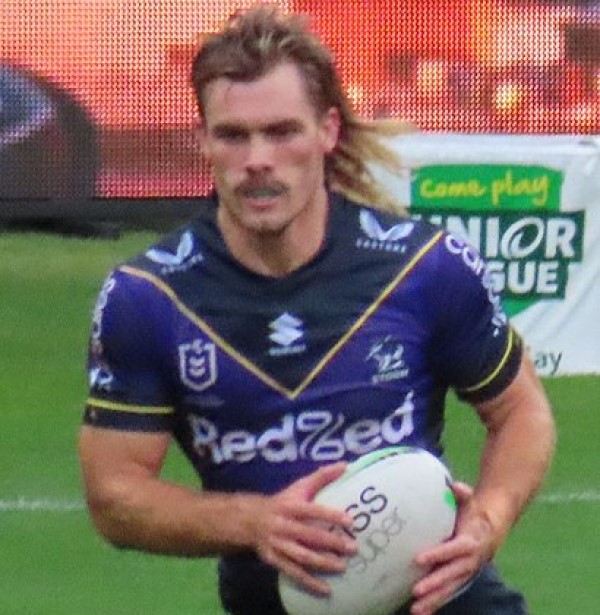
Melbourne's superstar fullback Ryan Papenhuyzen will be sidelined for up to six weeks after suffering a hamstring tear and a posterior cruciate ligament injury in Sunday's NRL win over St George Illawarra.
In another blow, rangy centre Reimis Smith will have surgery after scans confirmed a ruptured pectoral muscle against the Dragons and he will be out for 10 to 12 weeks.
Papenhuyzen's injury will again wreck his chances of making his State of Origin debut.
He was in the NSW squad in 2020 but couldn't press for a position due to a calf injury and last year he was sidelined with ongoing concussion symptoms.
In scintillating form, Papenhuyzen is leading the Dally M Medal count but is also set to surrender that.
His place at fullback for their Magic Round top-of-the-table clash with champions Penrith on Saturday night has been taken by Nick Meaney.
Dean Ieremia will come on to the wing to cover Meaney while Marion Seve has been named to replace Smith in the centres.
Due to a large injury toll in the Storm's outside backs, the club had to seek approval for Seve after he was relegated to the development squad following a serious knee injury in 2020 that curtailed his career.
The Samoan international managed two NRL games late last year.
Tui Kamikamica has been included on the reserves list for the first time this season after completing his nine-game suspension.
The Fijian-born prop was hit with an NRL breach notice after an off-field incident for bringing the game into disrepute.
© AAP 2022
Image Storm machine, CC BY-SA 4.0 <https://creativecommons.org/licenses/by-sa/4.0>, via Wikimedia Commons
- Details
- Written by Grant Broadcasters
- Category: Selected
- Hits: 135
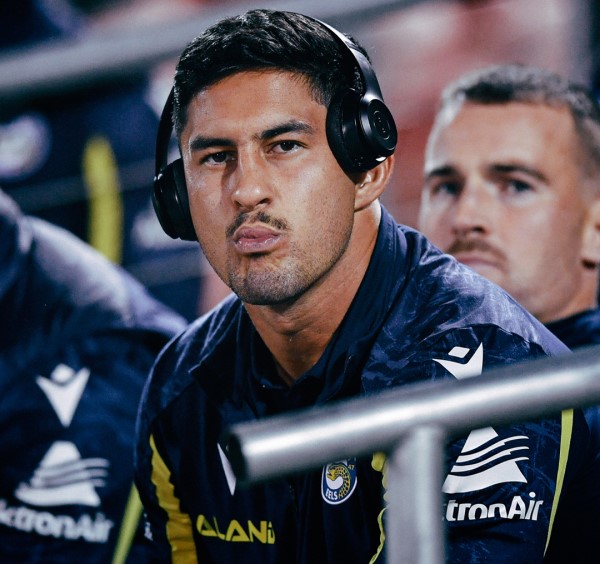
The NRL says correct protocols were followed when Nathan Cleary was not granted an extra conversion attempt in Penrith's two-point loss to Parramatta, despite an Eels trainer running across the goals.
Investigations are continuing into the Friday night incident, after Eels assistant Steve Murphy ran across the field from Parramatta's huddle and near the posts as Cleary took a shot at goal.
Cleary's conversion attempt narrowly missed, leaving the score at 14-10 in the Panthers' favour before the Eels eventually won 22-20.
Under the NRL's operations manual, trainers must not enter the line of sight of a kicker when he is attempting a shot at goal, or do anything that unnecessarily impacts or distracts an opposition player.
While there is no suggestion Murphy acted deliberately, Parramatta are expected to be spoken to about the situation and will likely be handed a breach notice.
"There is a provision in the international laws of the game that allows for another kick if another player tries to distract a kicker," the NRL's head of football Graham Annelsey said.
"But there is no reference in there whatsoever if a trainer tries to distract a kicker.
"This is an operational matter, as opposed to an on-field matter."
Asked if there should be a rule which allows players to take kicks again in the event of a trainer distracting them, Annesley said: "It's one of those things we will review.
"This happens very rarely. But could something be written into our operational procedures to deal with that? Technically, yes it could be."
Annesley did however admit there was "no excuse" for officials missing Viliame Kikau's clear knock-on in the play before Penrith's try on half-time.
Replays showed referee Gerard Sutton put the whistle to his mouth, before a sideline official advised him the ball went backwards.
Annesley said the fault lay with both officials.
"If he (the touch judge) was unsure or if he was unsighted, he should have let play go without an opinion," Annesley said.
"There's no doubt that was a knock on ... It should not have been play-on."
The NRL's football boss did, however, defend the bunker's decision to deny Jason Taumalolo a try in North Queensland's win over Newcastle.
Annesley was adamant it could not be proven that defender Lachlan Fitzgibbon initiated contact with decoy-runner Jeremiah Nanai, but rejected claims the bunker should stay out of obstruction calls.
"If we don't get the bunker involved in these decisions the referee will have many more incidents in the game to rule on," Annesley said.
"And when you're on ground level ... the odds of you getting it right are quite slim."
Meanwhile the NRL is continuing a probe into whether South Sydney fielded an ineligible player in Trent Peoples in their loss to Brisbane.
© AAP 2022
Image: Parramatta Eels Facebook
- Details
- Written by Grant Broadcasters
- Category: Selected
- Hits: 156
British actor Dennis Waterman - who starred in TV shows Minder, The Sweeney and New Tricks - has died at the age of 74.
Waterman starred as bodyguard Terry McCann in Minder and he first found fame as tough cop George Carter in The Sweeney opposite John Thaw.
A statement from his family said: "We are deeply saddened to announce that our beloved Dennis passed away very peacefully in hospital in Spain, on Sunday afternoon, with Pam by his side."
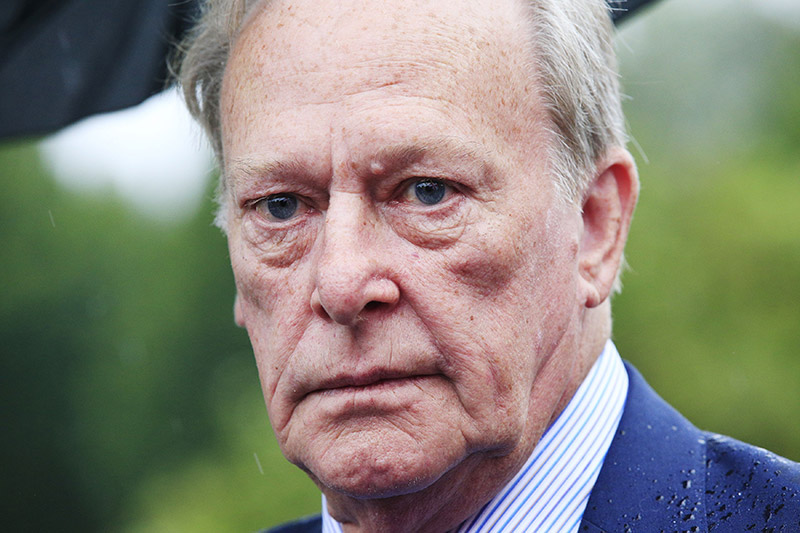
(Image: AAP/Jonathan Brady)
Waterman played Gerry Standing in the BBC's New Tricks, and other TV roles included Where The Heart Is, The Canterbury Tales and Moses Jones.
He became well-known for singing the theme song for many of his shows and was caricatured by David Walliams in the comedy series Little Britain as a result.
His last film role was in Never Too Late in 2020, which was filmed in Australia.
Born in London, he was educated at the Corona Theatre School and began his showbiz career at a young age.
Following a role for the Children's Film Foundation, he was invited to join the Royal Shakespeare Company.
A role in the BBC's adaptation of the Just William books followed, and the actor would, in his later years, reflect on some of the different roles he undertook.
In 2009, he starred in the BBC's hard-hitting drama Moses Jones, a role which he said at the time he enjoyed because it cast him in a different light.
"I really enjoyed it, because it was a very different kind of character - and that's important.
"On television in Britain, I'm sort of the cheeky chappie, everybody's mate, but I've never played anything like that in the theatre.
"It's strange that you get cast as different things in different parts of the media," he told The Press Association at the time.
His role in the drama New Tricks, which began in 2004, marked his return to a long-running show for the first time in a decade and saw him star alongside acting stalwarts James Bolam and Alun Armstrong.
His character Gerry was part of the cold case squad, who were often at odds with their detective boss, played by Amanda Redman.
RIP Dennis Waterman, 74.
— Piers Morgan (@piersmorgan) May 8, 2022
Star of Minder, New Tricks and for me, his finest role - as Detective George Carter in The Sweeney opposite the late, great John Thaw.
Superb actor and a great character. Sad news. pic.twitter.com/KqrXTo7lQj
The hugely popular Minder was revived by Channel 5 in 2009, but Waterman did not return for the new outing.
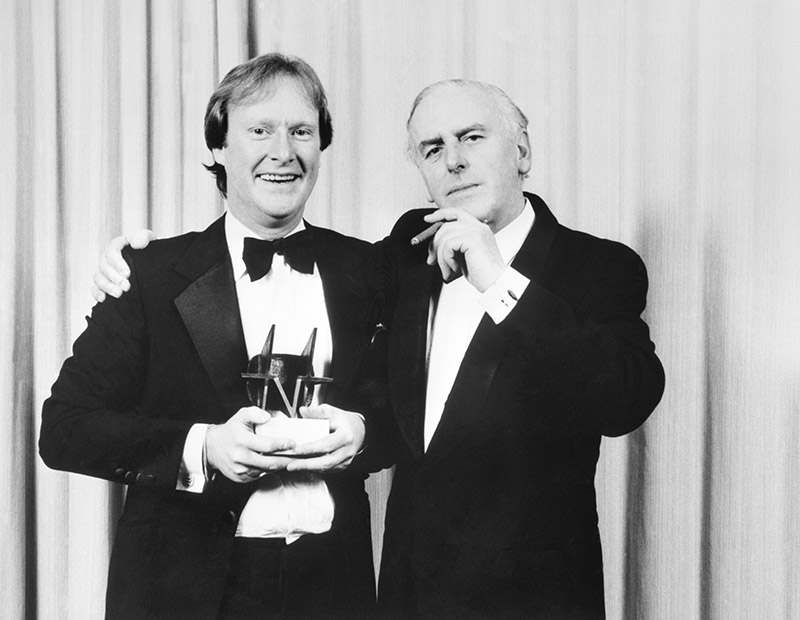
(Image: AAP)
He had been married several times, including to the actor Rula Lenska until 1998, and his daughter, Hannah, also became a TV star - landing a role in popular soap EastEnders.
Waterman's extensive career also included numerous stints on the stage and he played Alfred Doolittle in a Royal National Theatre production of My Fair Lady, as well as starring in a tour production of Don't Dress For Dinner.
"We are incredibly sad to hear of the passing of Dennis Waterman, an unforgettable actor who will be missed by us all," the BBC said in a statement.
Waterman also starred in productions of Twelfth Night, Edward Bond's Saved at the Royal Court Theatre and Sergeant Musgrave's Dance.
His talents did not end with acting and he had a keen interest in music, having recorded albums and singles, including songs which charted in Australia, New Zealand and Britain.
He was also part of the popular music tour, Friends On Tour, which saw him take to the road alongside Sheena Easton and Gerard Kenny.
© PAA 2022
- Details
- Written by Grant Broadcasters
- Category: Selected
- Hits: 138

As demand for mental health support surges during the pandemic, trainee psychologists are struggling to complete their qualifications, prompting many to drop out of their studies.
The issue, which is exacerbating wait times for patients, is being caused by a bottleneck in the pathway to registration caused by intense competition for postgraduate places, said Australian Psychological Society president Tamara Cavenett.
"We're basically in the perverse situation with thousands of psychology students dropping out having already done four to five years of study, just because there aren't places in the final one to two years," said Ms Cavenett.
"We're educating them and investing all this money in them up to a point and then not finishing it off at a time of incredible demand."
As well as a four-year undergraduate program, registered psychologists need another two years which typically consists of a mix of study and supervised practice.
Undergraduates have historically had the option of a two-year internship as well as passing the National Psychology Exam as an alternative, but this path is closing from June.
"Changing that requirement is actually a very good thing, we'll have much better trained psychologists coming out, the trouble is we need more places," says Marjorie Collins, president of the Institute of Clinical Psychologists.
Excluding internships, just 10 per cent of a class of 200 psychology undergraduates typically find a postgraduate place in Western Australia, she says.
"If there was more government funding for the postgraduate courses, (universities) will be able to produce more psychologists because they're very popular programs," she says.
Australian Clinical Psychological Association president Caroline Hunt runs a masters program at the University of Sydney.
"You have accreditation requirements that say students have to do placements, they have to do these first through a university clinic (and) they need intensive supervision," Prof Hunt says.
"Universities can't afford to run too many because of the problem with the funding.
The situation is worse for more specialised training, such as clinical psychology.
Those places are even more rare. We are turning away these students in the hundreds."
Part of the problem is tied to government support, says Prof Hunt, with Commonwealth funding for courses like medicine sitting at $27,000 annually, compared to postgraduate psychology at just $13,250.
She's calling for an urgent funding injection.
There is also a shortage of external clinical placements and supervisors in public mental health, and the association is advocating for the government to create more spaces.
If workforce issues are to be addressed, Prof Hunt says education pathways must be financially viable for universities and their students.
Should the government increase funding, she says education providers could pivot reasonably quickly by drawing on the pool of students who have already done an undergraduate degree.
"There are various elements that need to be considered, but funding is one that can be quickly identified and solved," she says.
"With a tiny investment we could double the number of clinical psychologists in less than one to two years - imagine what that means to Australians who are needing care."
As the bottlenecks stifle a generation of trainee psychologists, wait times for patients are getting longer and many psychologists are closing their books to new clients.
Late last year, a survey of Australian Psychological Society members showed one in three were unable to take on new clients.
The figure was one in five in June 2021, and prior to the pandemic it was just one in 100.
"Everyone knows what it's like to have a family member that needs help and has finally agreed to it," said Ms Cavenett, from the Australian Psychological Society.
"To know that you've got months and months of waiting sitting in front of you ... that's just demoralising and it means that you'll just give up."
Without timely support, mental health can decline further and require more treatment, with flow on effects often impacting relationships and jobs.
With nowhere else to turn, those needing help often end up in hospital emergency departments.
The federal government committed over $1.3 billion in response to mental health impacts of the pandemic, and doubled the number of Medicare-subsidised psychological services available through the Better Access Initiative from 10 to 20.
Should Labor win the election, it plans to reinstate a 50 per cent regional loading for telehealth psychiatry through Medicare, providing access to bulk billed telehealth consultations across regional Australia.
Image: Pixabay Free Images
Page 44 of 191
